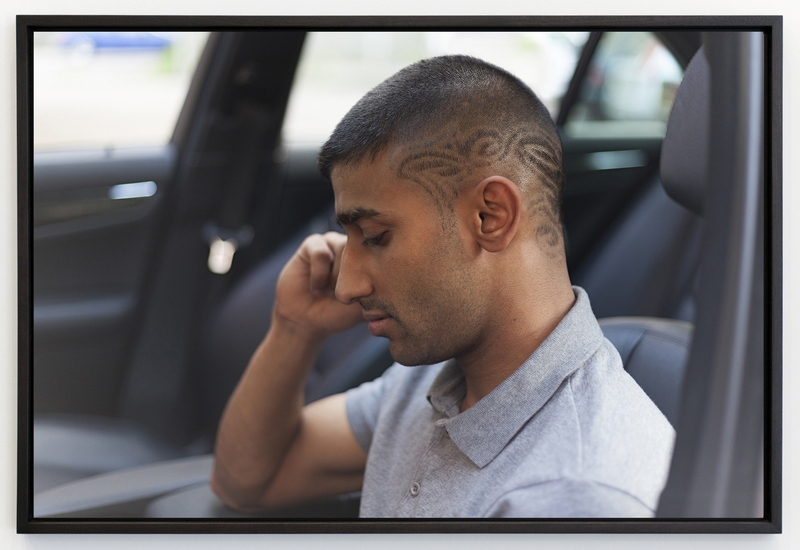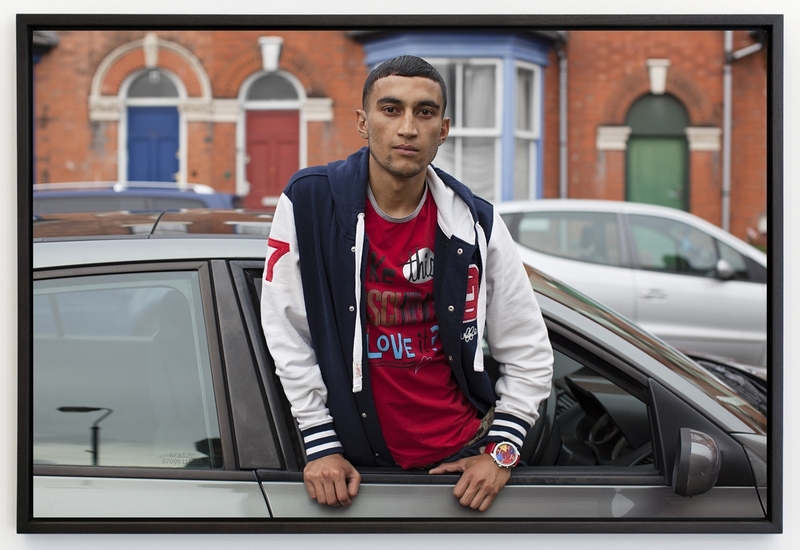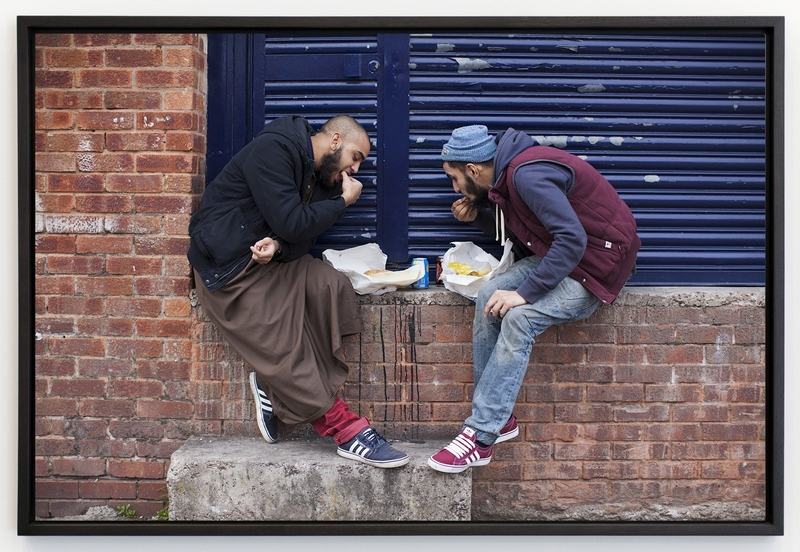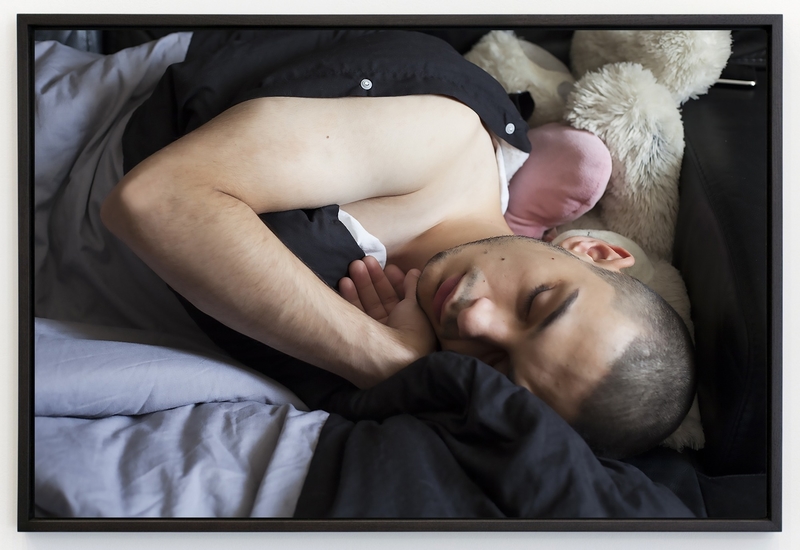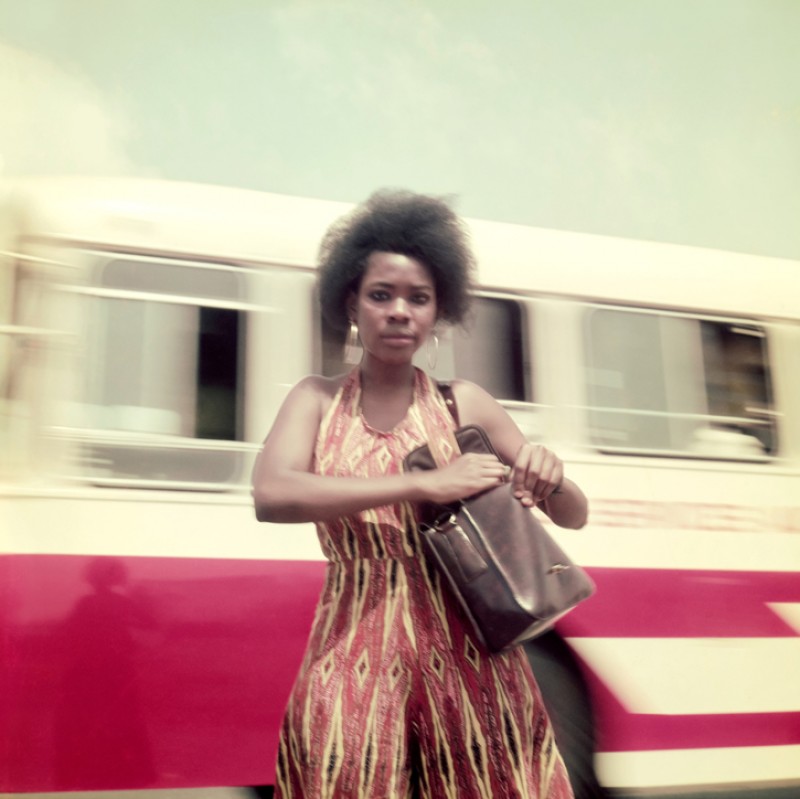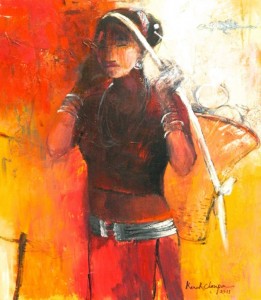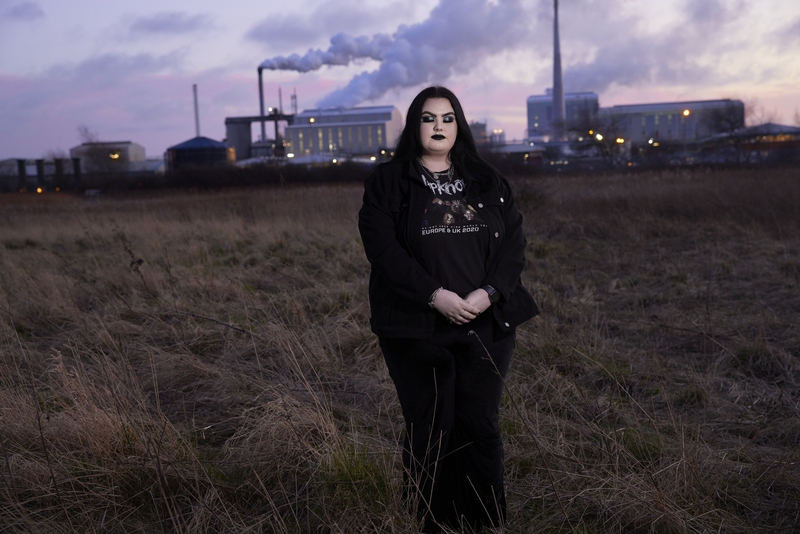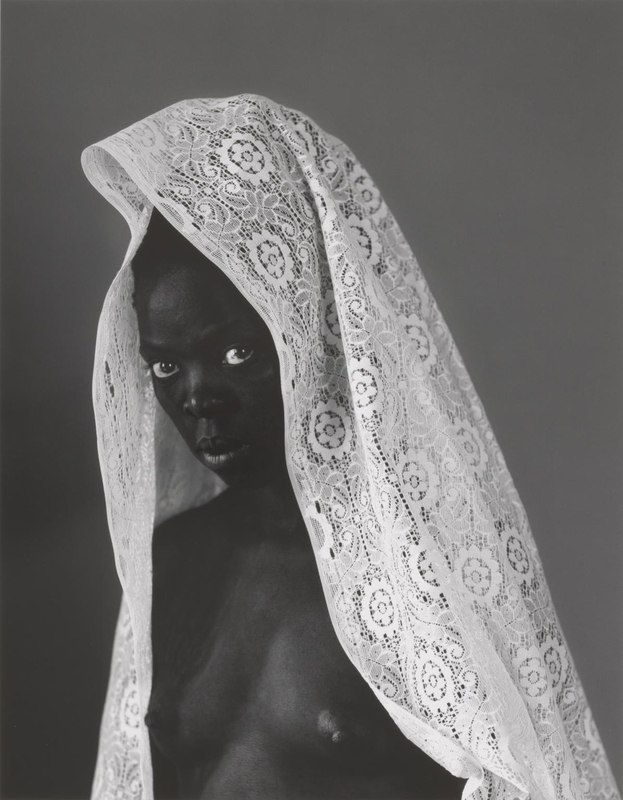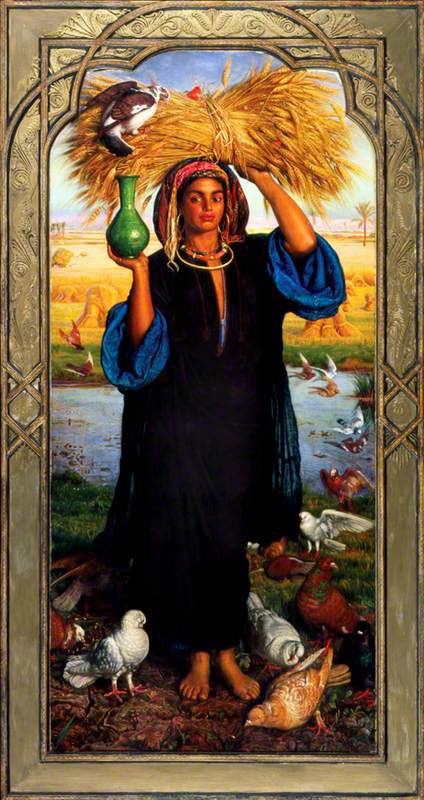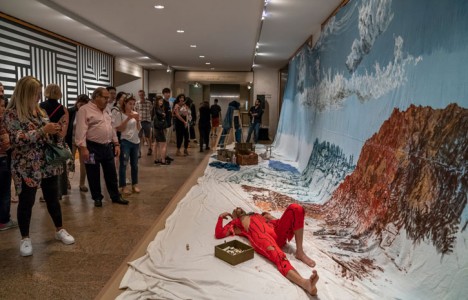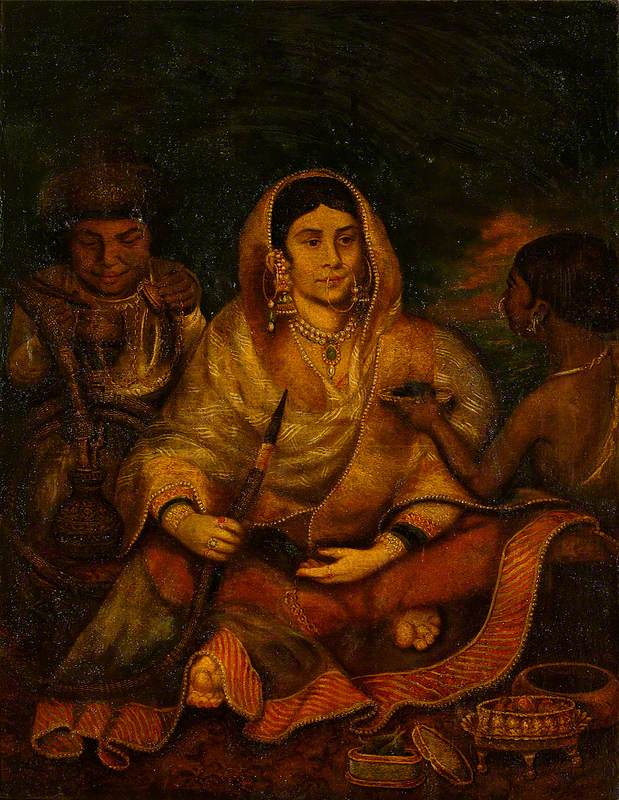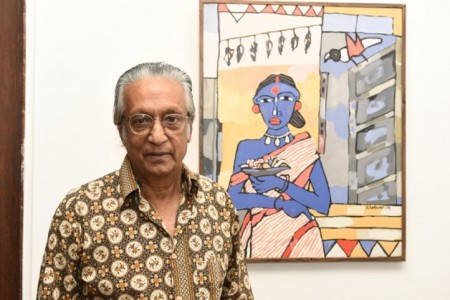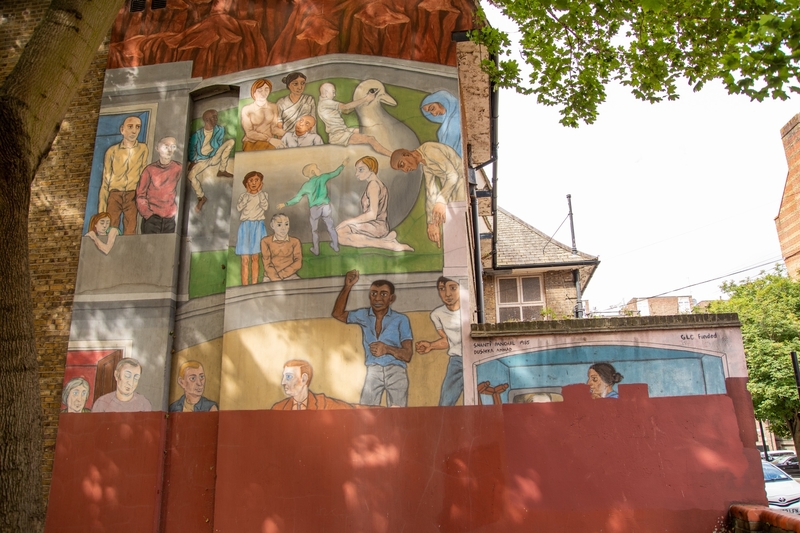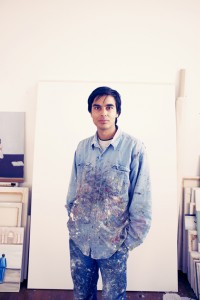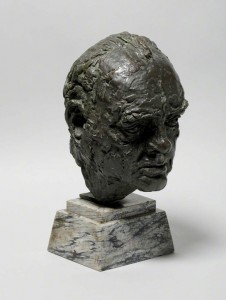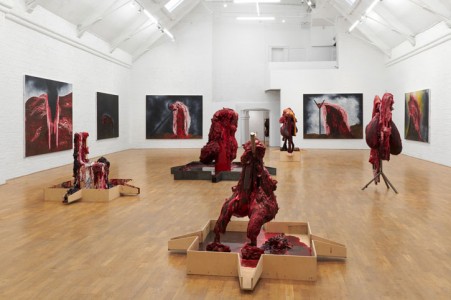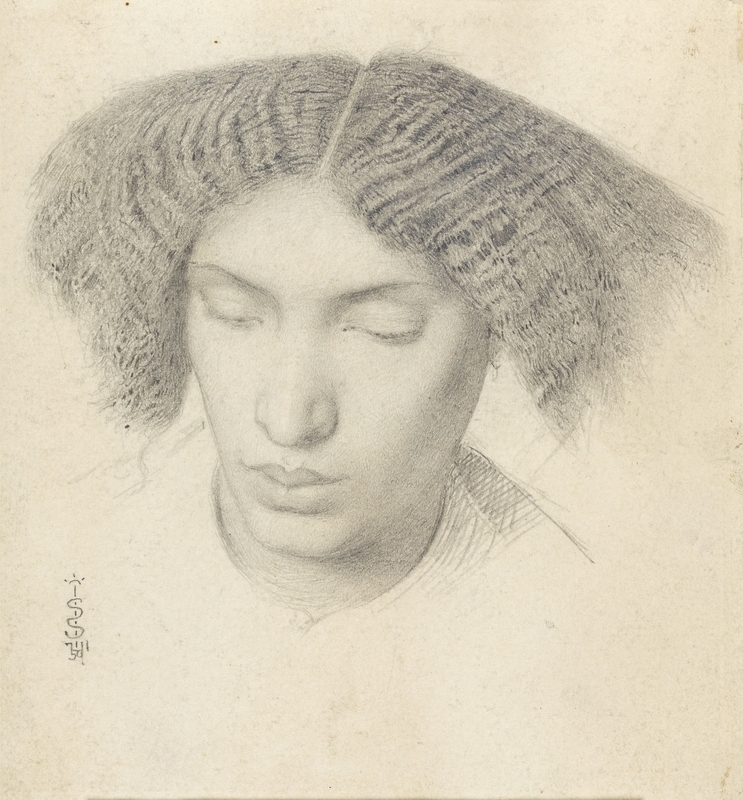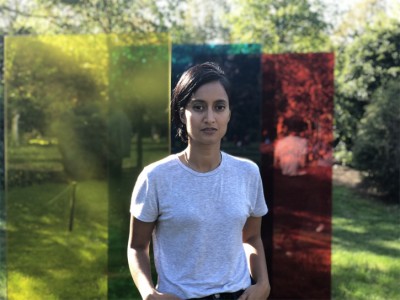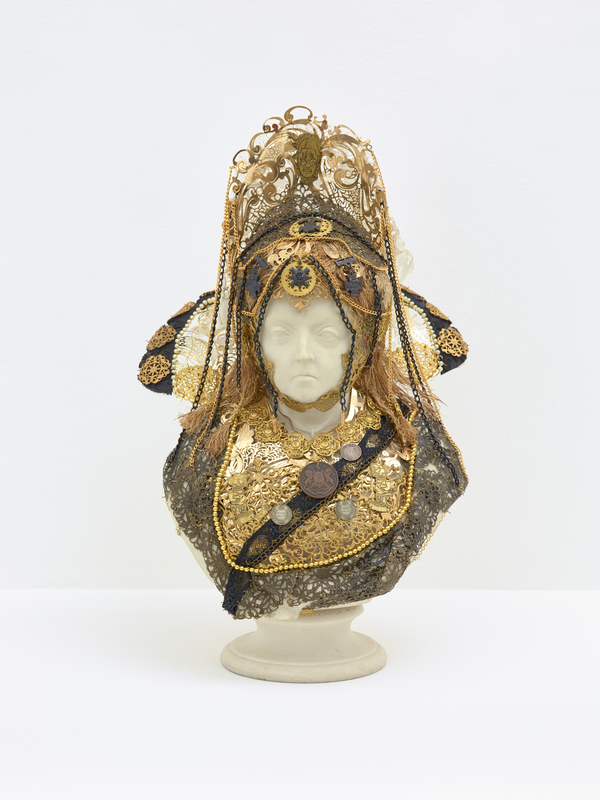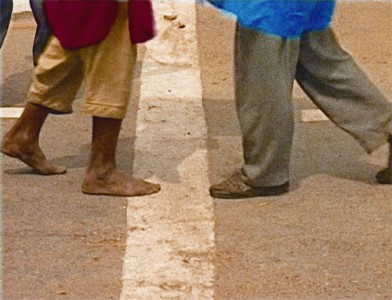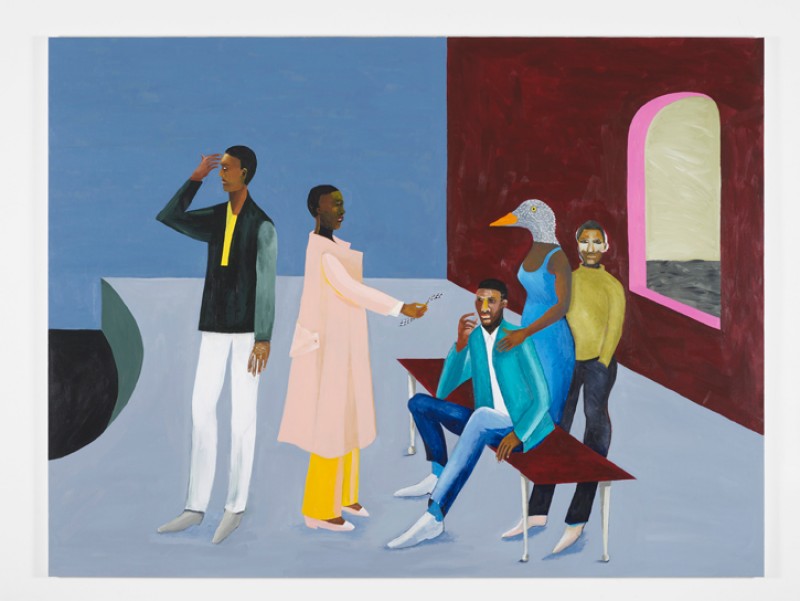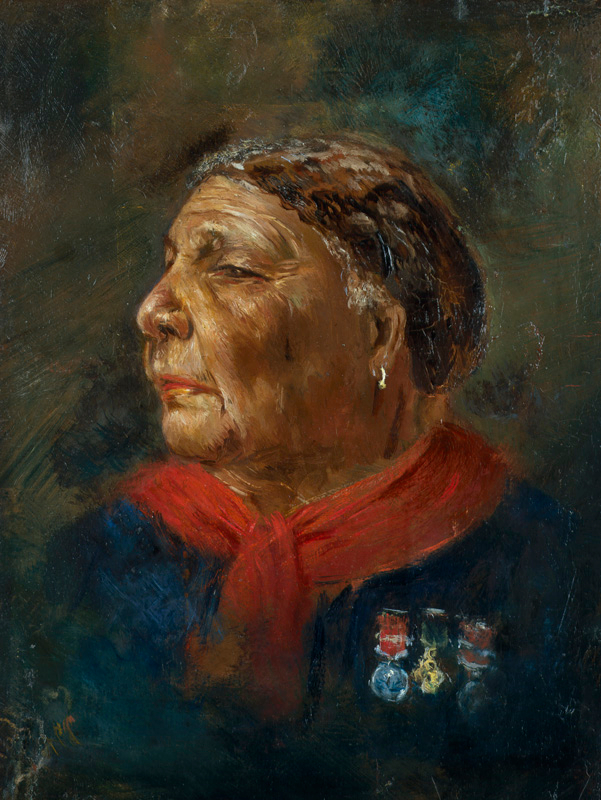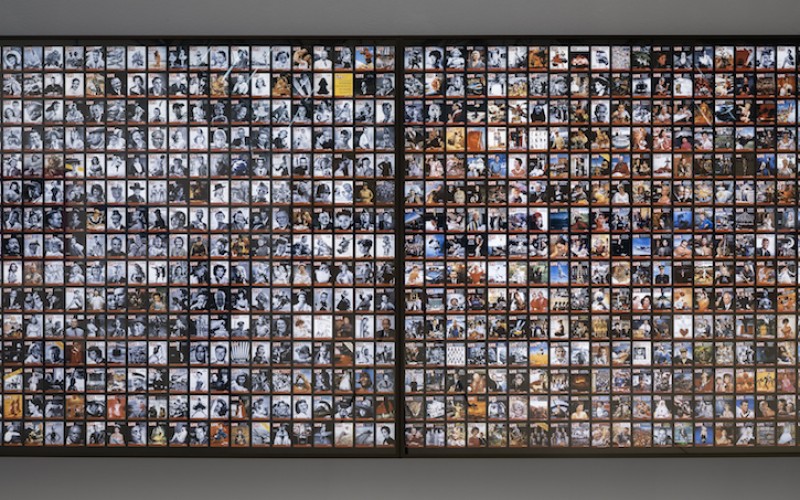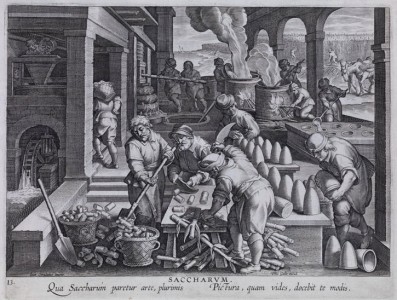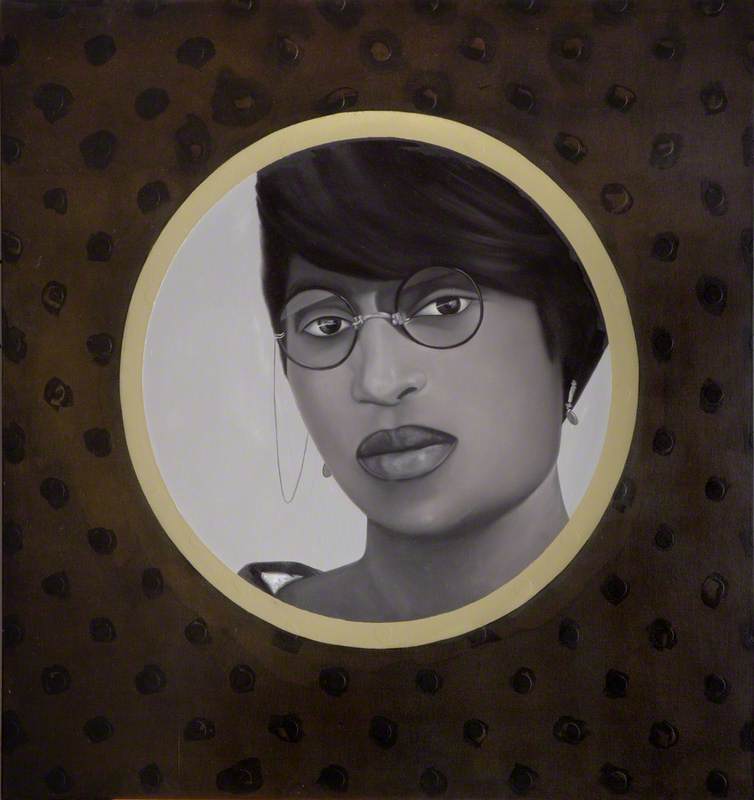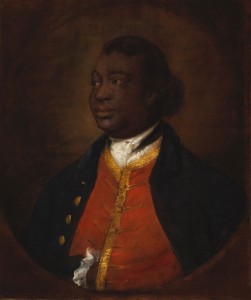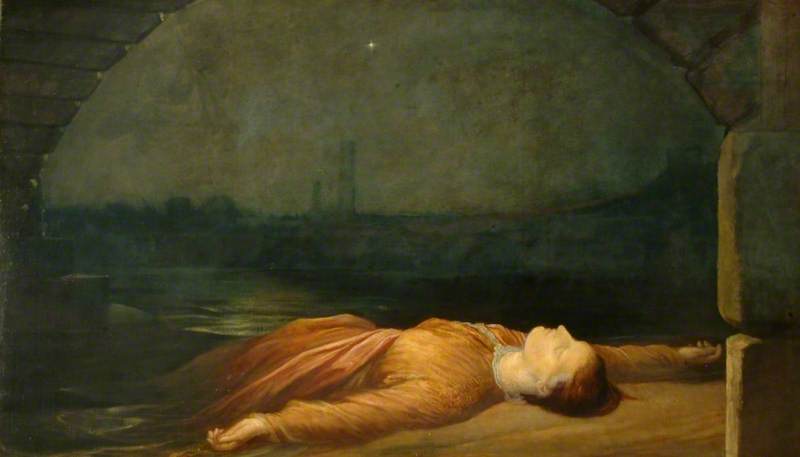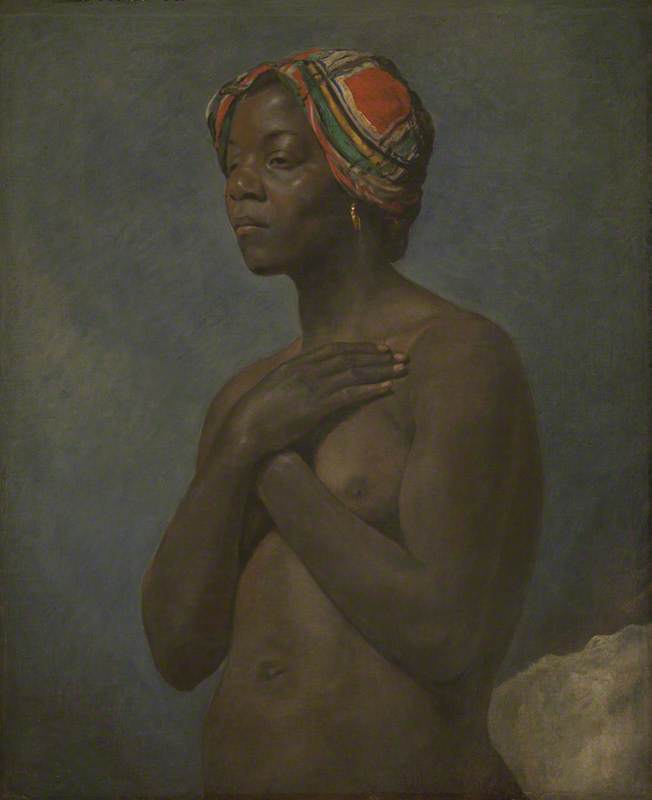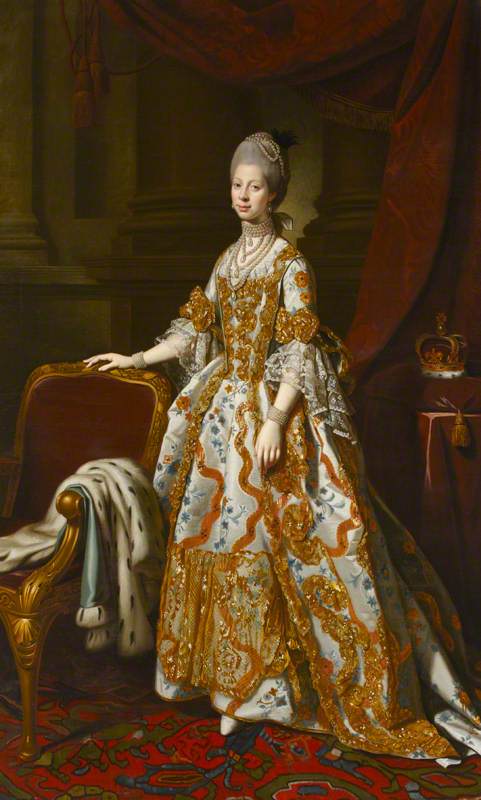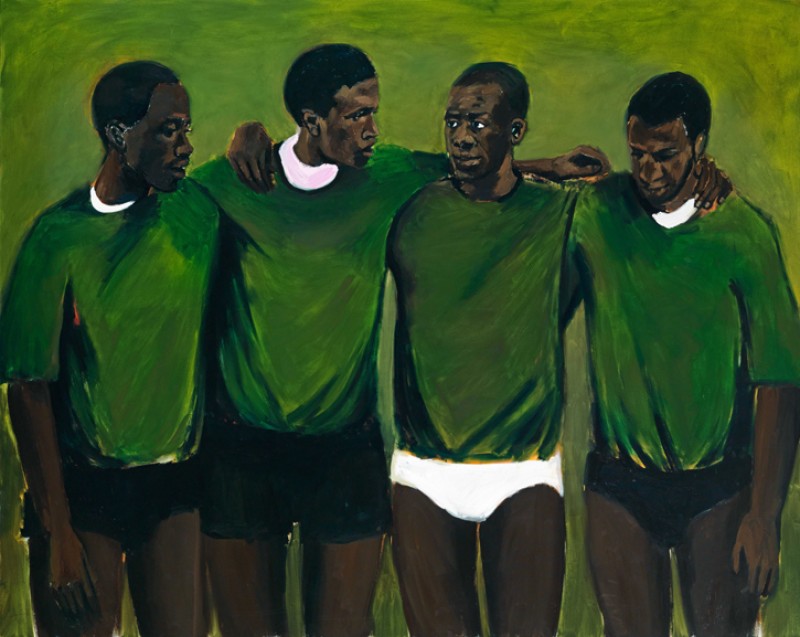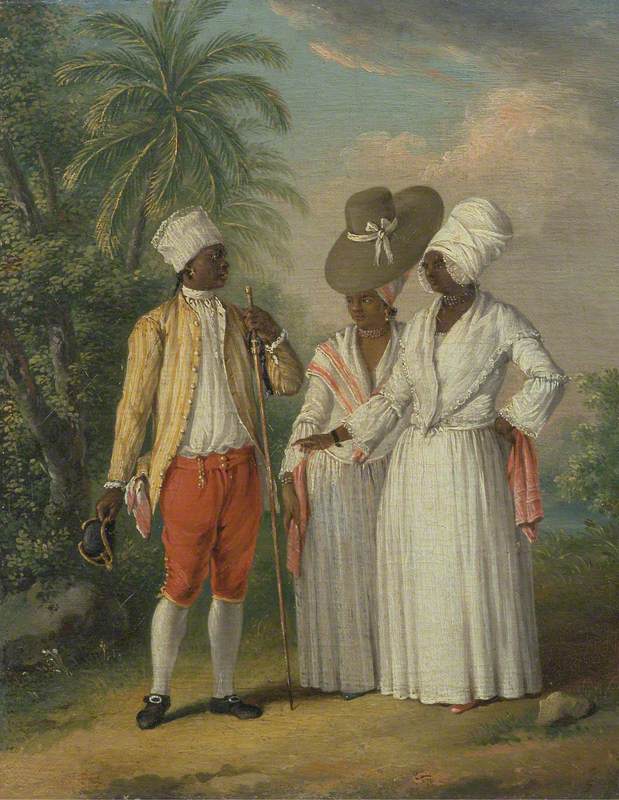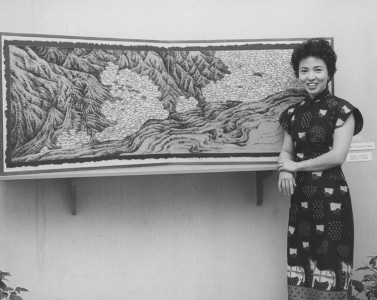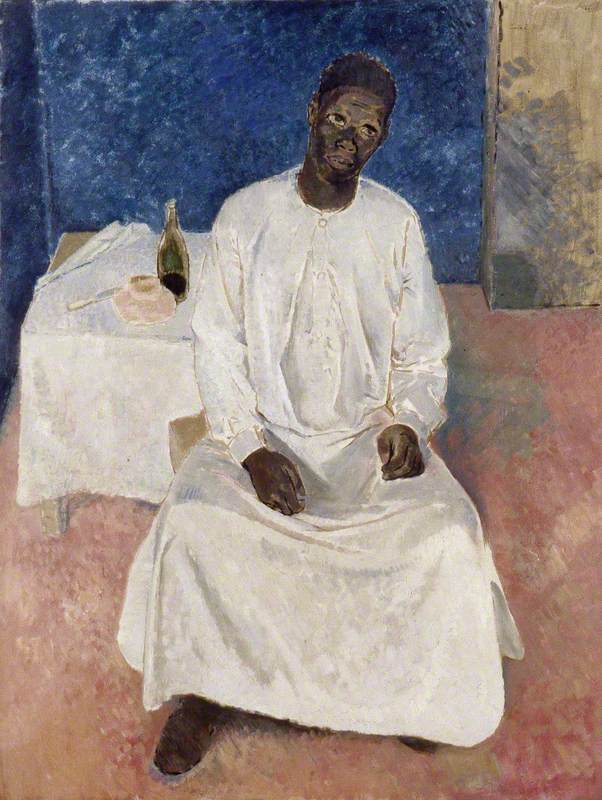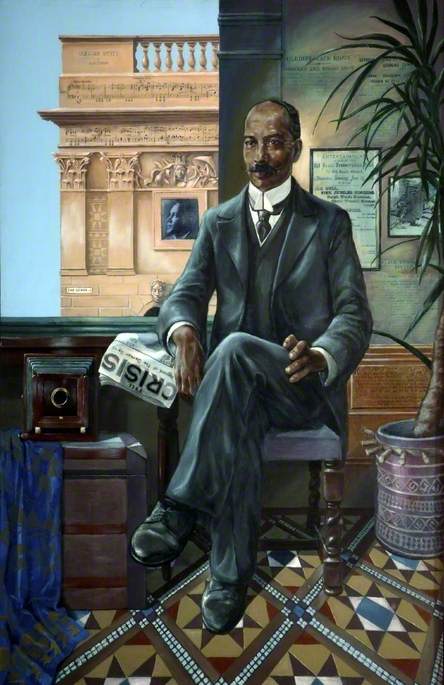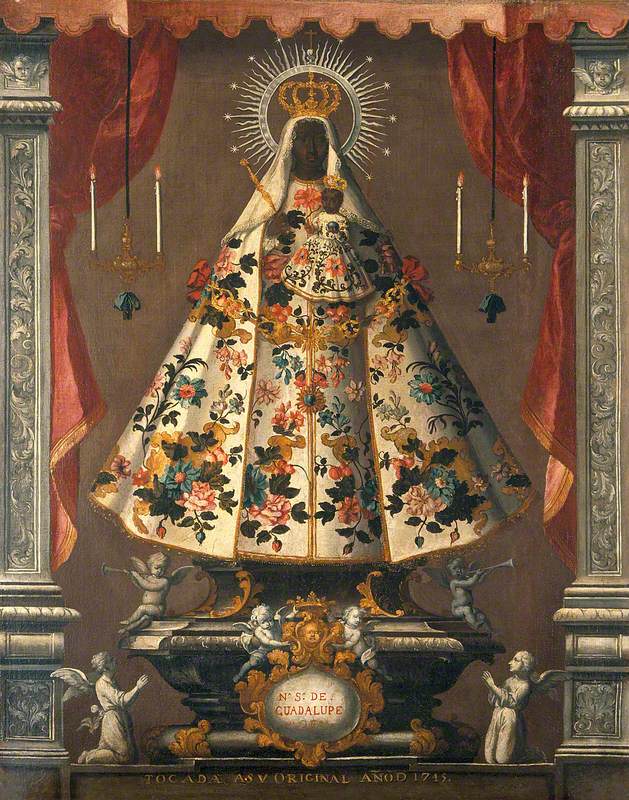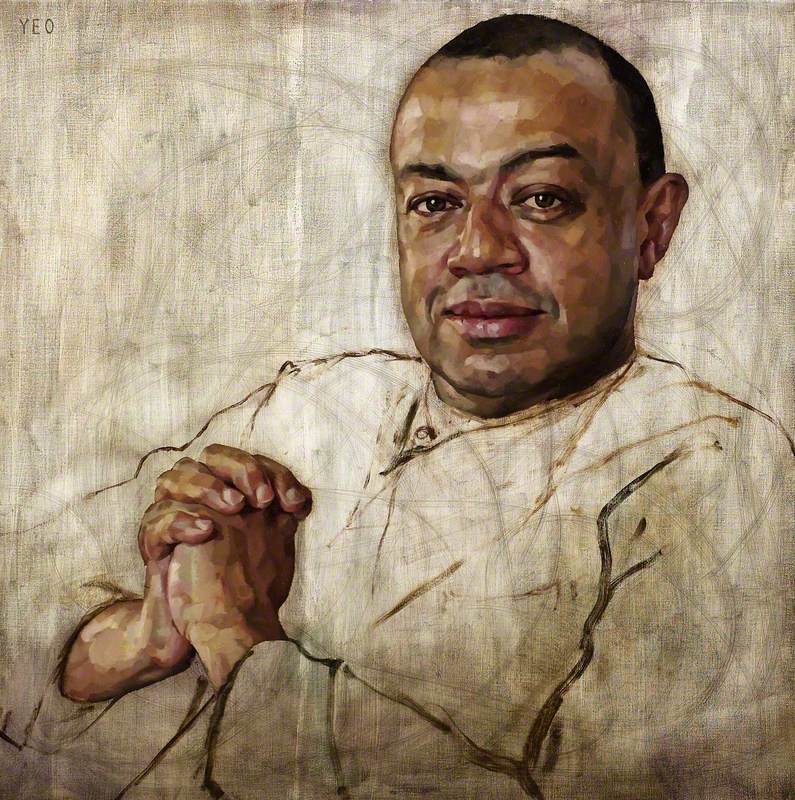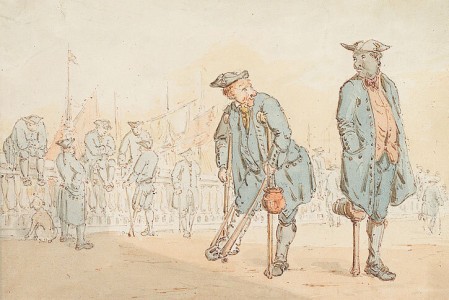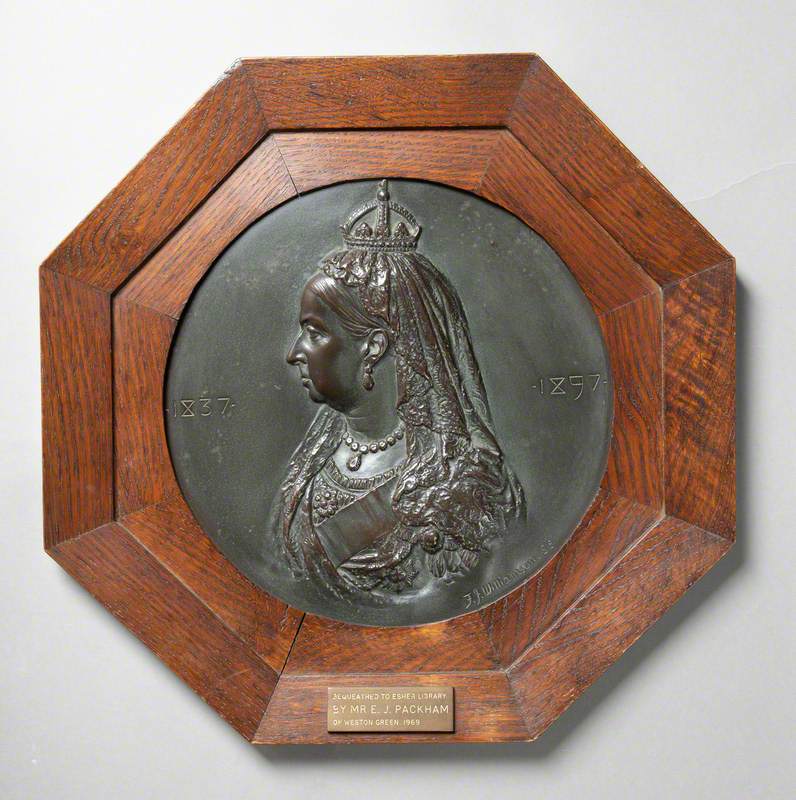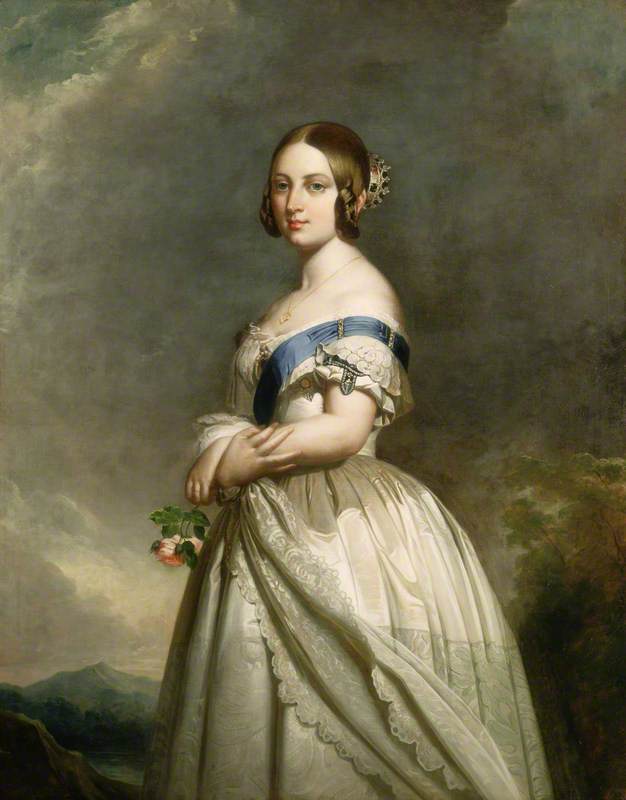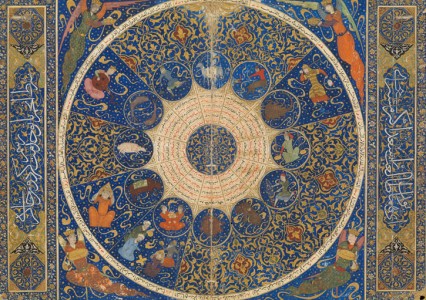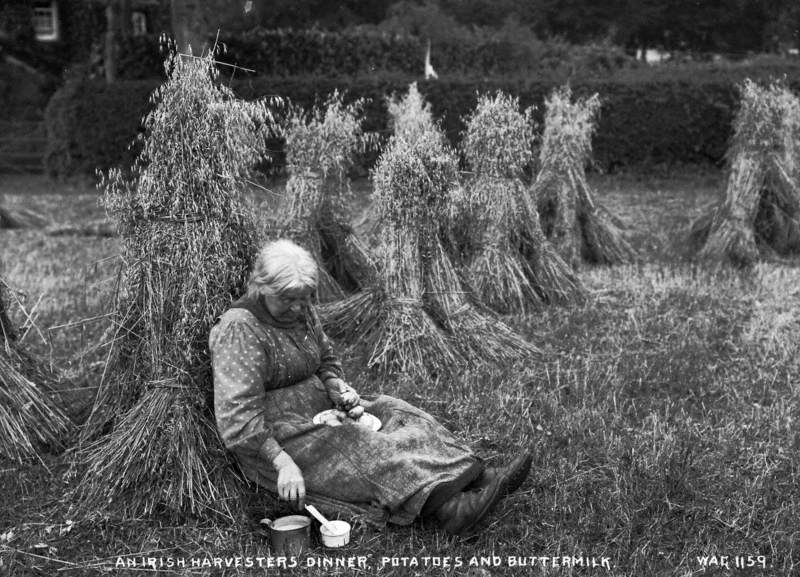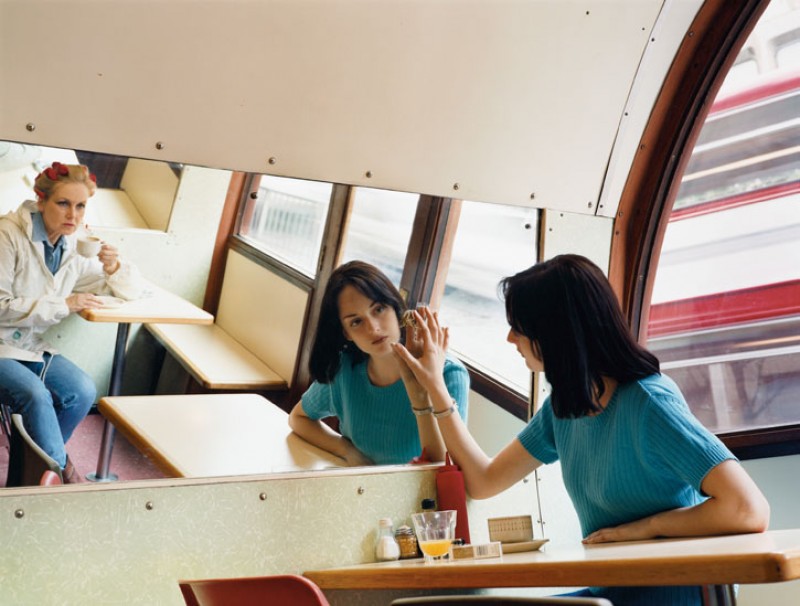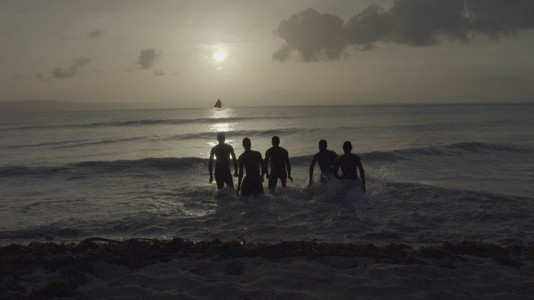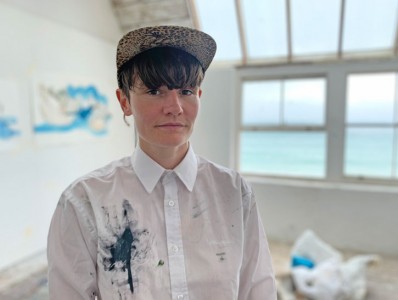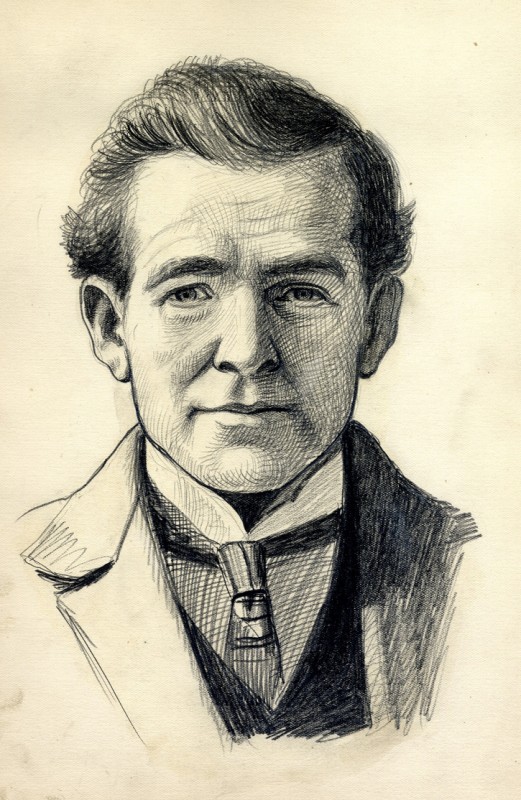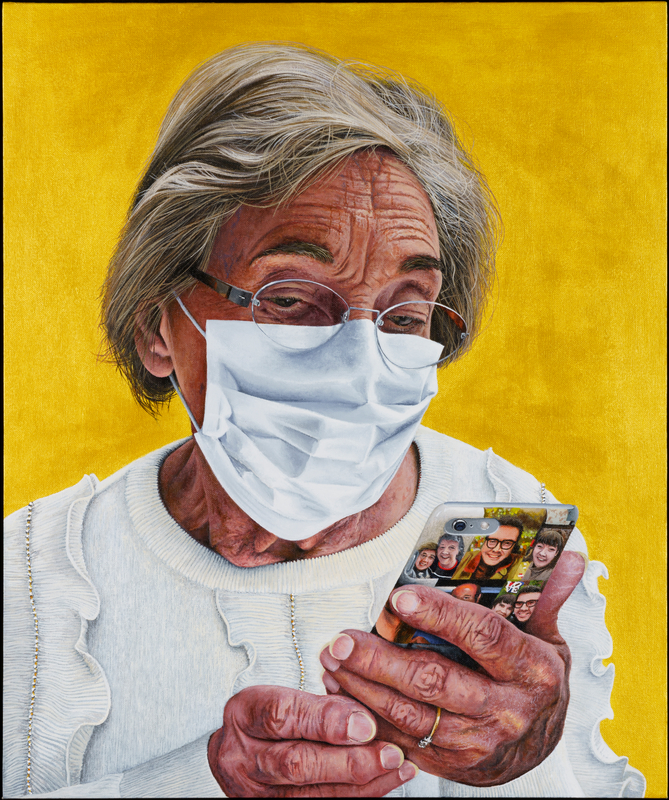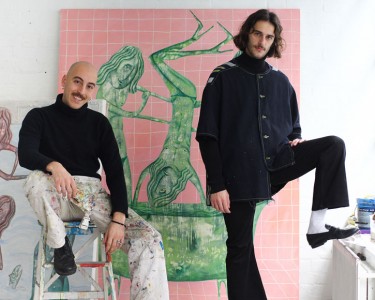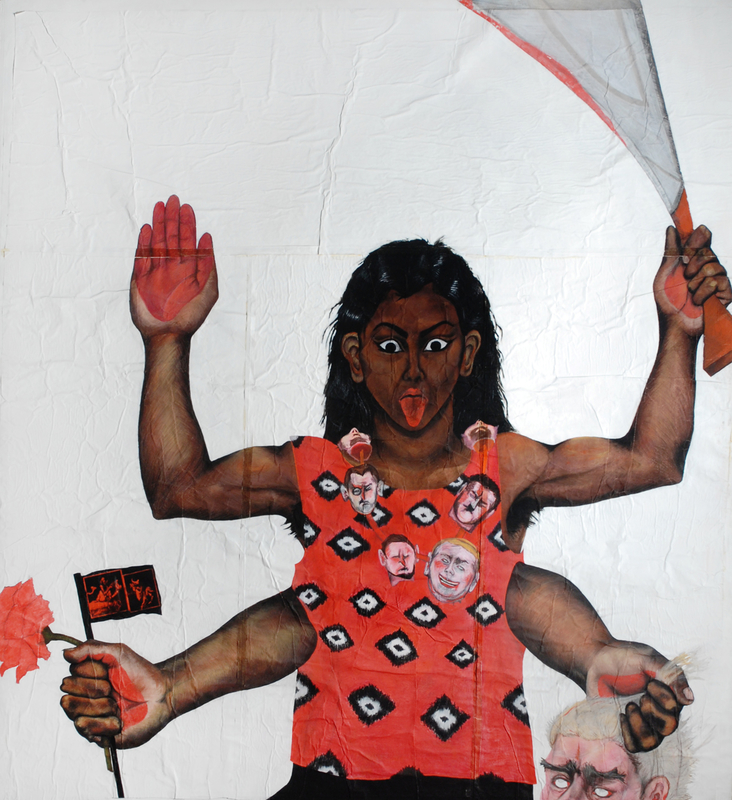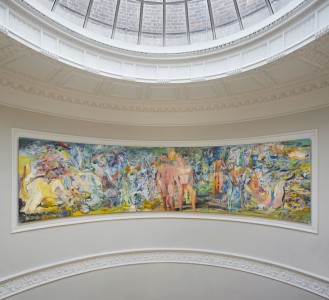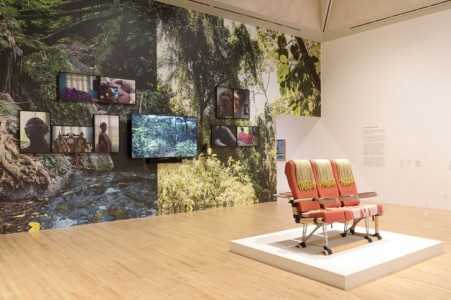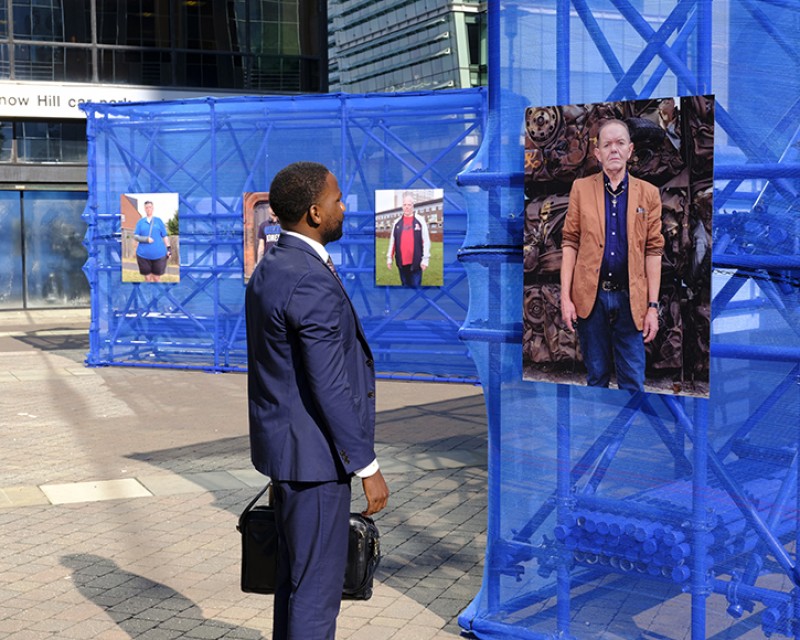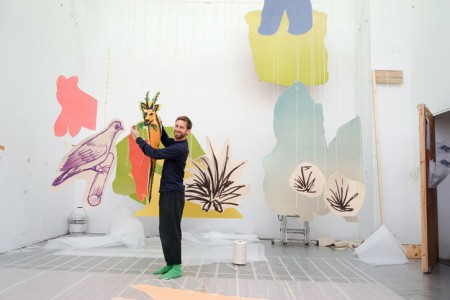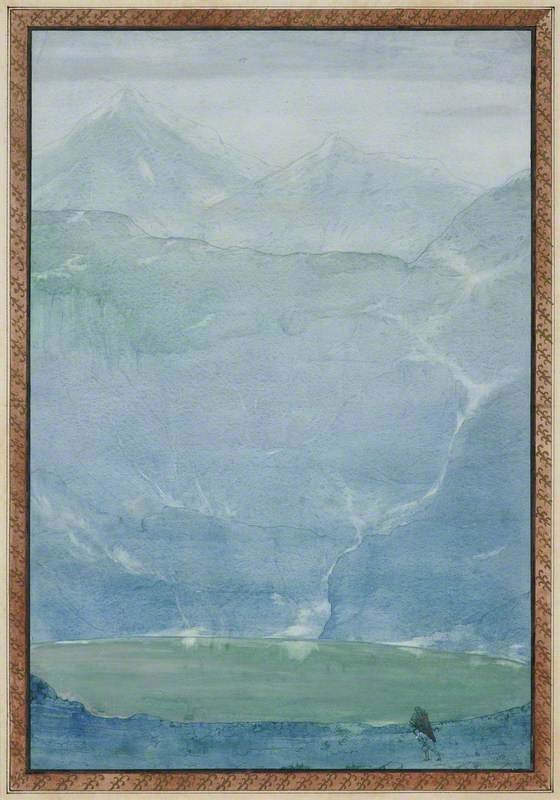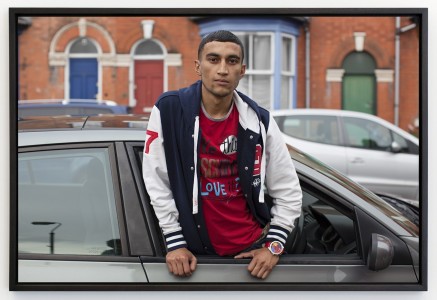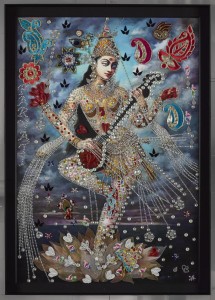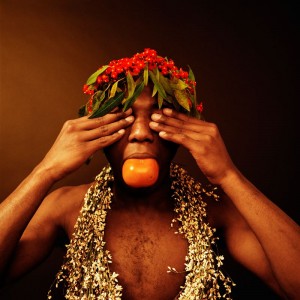There was a distinct line of concern within the dialogue about photography in Britain from the late 1970s onward, regarding the politics of representation and the medium's colonial history. This took the form of both a critique of photography's tropes, past and present, and the creation of work by artists testing new language and ideas for a more inclusive future for the medium.
The mission that Autograph, the Association of Black Photographers, announced at its inception in 1988, for instance, (one of the main institutional supporters subsequently of Mahtab Hussain's work), was to 'make Black Photography a central issue of photographic practice'. Hussain was too young to participate in the late twentieth-century debates about photography's flaws and potential, but his portraits of Muslims contribute to the ongoing urgency of photography's decolonisation, and the de-othering of his subjects.
During the torrent of suspicion and prejudice focusing on Muslims that followed 9/11, Hussain was working at the National Portrait Gallery as a history of art undergraduate at Goldsmith's, specialising in postcolonialism. Like many other photographer artists developing their ideas and establishing their practice during the 2000s – all of whom perhaps influenced by Nan Goldin's Ballad of Sexual Dependency, its rejection of the idea of the objective outsider viewpoint and its centralizing of the artist's autobiography – Hussain has made his own story central to his work.
Preoccupied with questions related to his own sense of self and belonging, he makes portraits of and for a community, in the manner of a contemporary griot, exploring evolving social identities, and the navigation of faith and the street, in the context of a permissive, secular, multicultural Britain. Hussain's photographs present Muslim self-hood, via the language of documentary photography, in the tradition of August Sander, you might say, rather than the autobiographical journal. The gaze of his sitters ask questions of themselves and those who view his pictures: who are we, who are you? What does it mean to be a Muslim in Britain? What does the idea of a Muslim community mean today? Where might we go from here? There's an energy in the work that seems to come from his subjects' enthusiastic participation in changing prevailing narratives.
Hussain's book and exhibition You Get Me?, published by MACK and exhibited in a one-person show by Autograph in 2017, featuring street portraits of Muslim men in British cities, became a defining statement about the evolving identity of a generation of British Muslims, presenting an experience that had been largely ignored across art and media until then. The title to the work, You Get Me? was both a real question, and an invitation, and perhaps more than both, the anticipation of an outcome – non-Muslim viewers enabled to better 'get' Muslim experience, and for ordinary Muslims to feel recognised, and validated, via a presence in pictures rarely afforded them. Hussain has spoken about the uplifting impact of his work on other Muslims being, for him, its most important effect.
Creating the series over nine years, Hussain walked stopped people in the streets of Birmingham, Nottingham and London, taking the time to speak to the men as he took their portraits. In his book, Hussain presents the portraits with quotes in the voices of the subjects themselves, deliberately disassociated from the speaker. In his conversations, the men discussed how they felt objectified in their lives by negative media representation, about anger and hurt, politics, prison and masculinity. Yet despite the pressures they face, the subjects hold themselves up as proud, often facing the camera, presenting their identities in poses configured in a dialogue with the artist.
Hussain speaks about his own experiences of racism and struggling to fit in through the introduction of the You Get Me? publication, centring his struggles with alienation within the context of the project. While his subjects show a great vulnerability with the photographer, Hussain did not feel like a member of their community. Born in Glasgow to first-generation immigrants from Kashmir and Pakistan, Hussain was raised in Birmingham. He recounts feeling like an outsider in Asian communities for being 'too British', yet also at the receiving end of racist abuse while living in a predominantly white area. This personal experience grounds his work, his portraits a mirror through which he can self-reflect.
As well as exploring Muslim community and self-hood, Hussain's investigates experiences of masculinity, immigration (his photographs include work made visiting the areas of Pakistan from which his family emigrated to Britain), and street style. Recent work includes an unpublished series of street portraits of Muslim women, and, at the time of writing, Hussain is in New York, working on a series of portraits of Muslims in America, responding to the poor visibility and stereotyped representation of Muslims there. Hussain photographs in the USA at a historical moment – a time of reckoning regarding errors of national judgment in the wake of 9/11, making pictures that swell with expectation for a new chapter in art and representation.
On gallery walls or the pages of books, published in the press and across social media, Hussain's pictures articulate contemporary Muslim experience. They uplift the representation of Muslims, enrich the understanding of non-Muslims, and contribute to new conversations about Muslim culture.
Chris Boot, photography curator and ex-Director of Aperture Foundation
